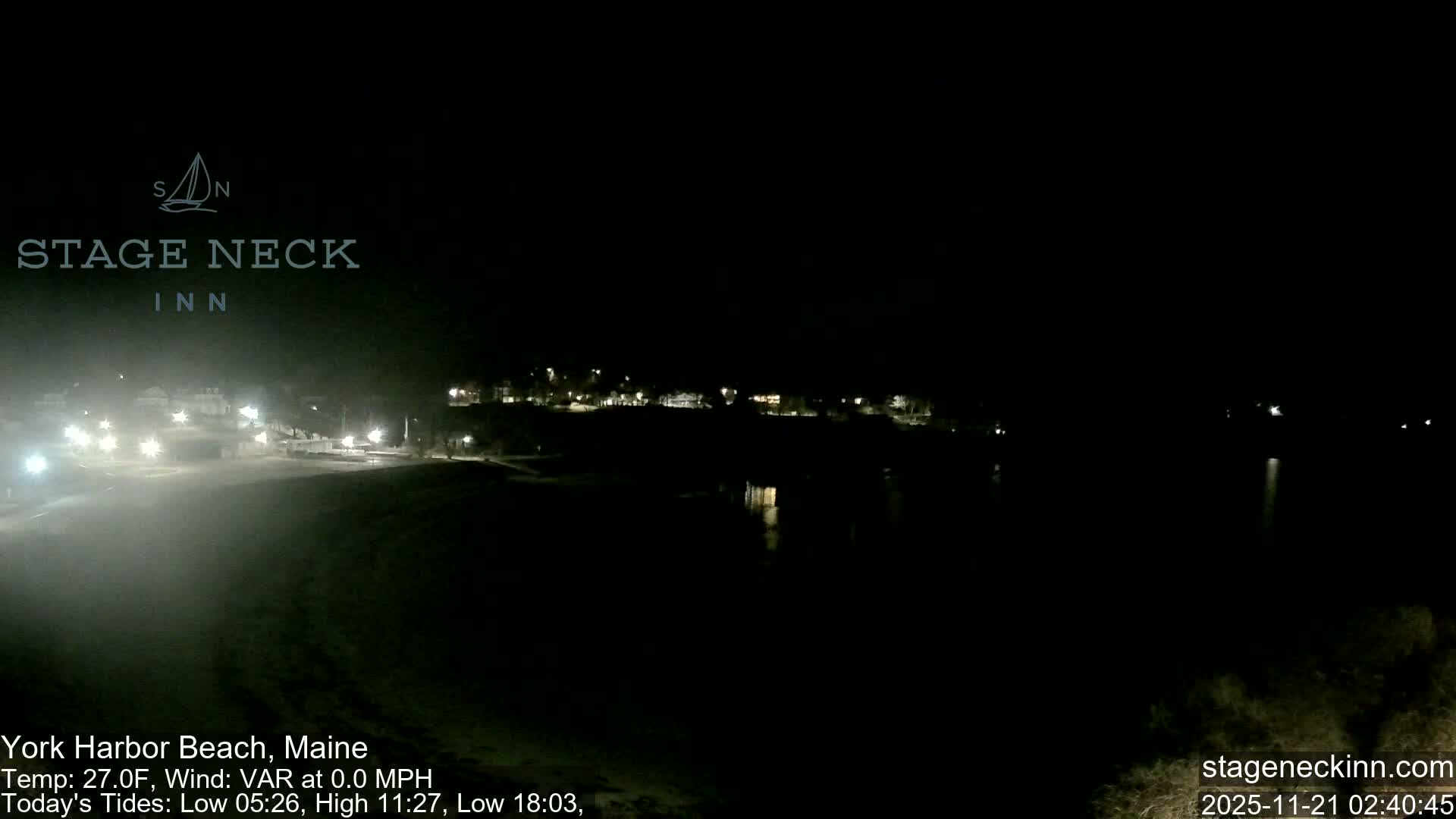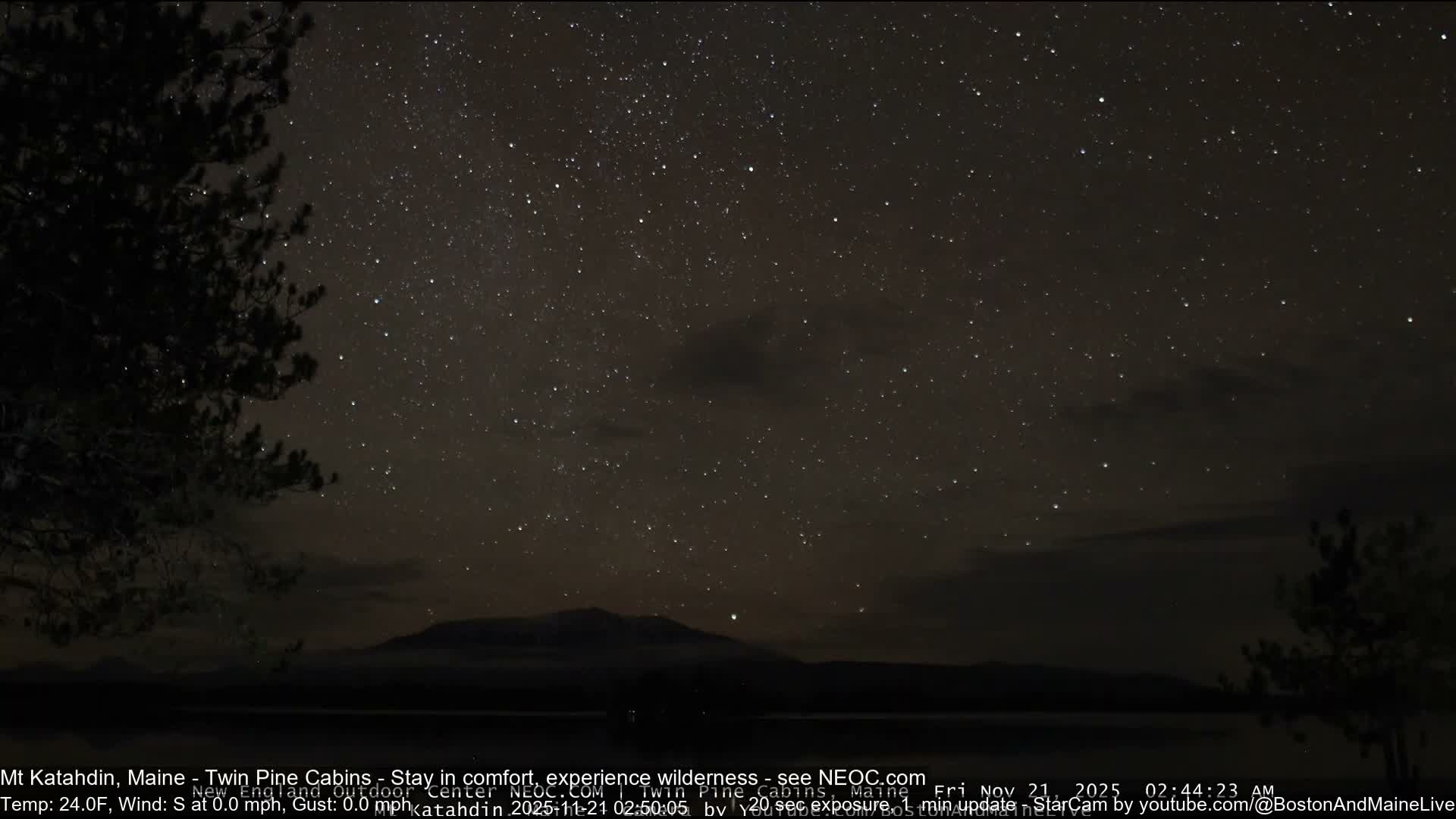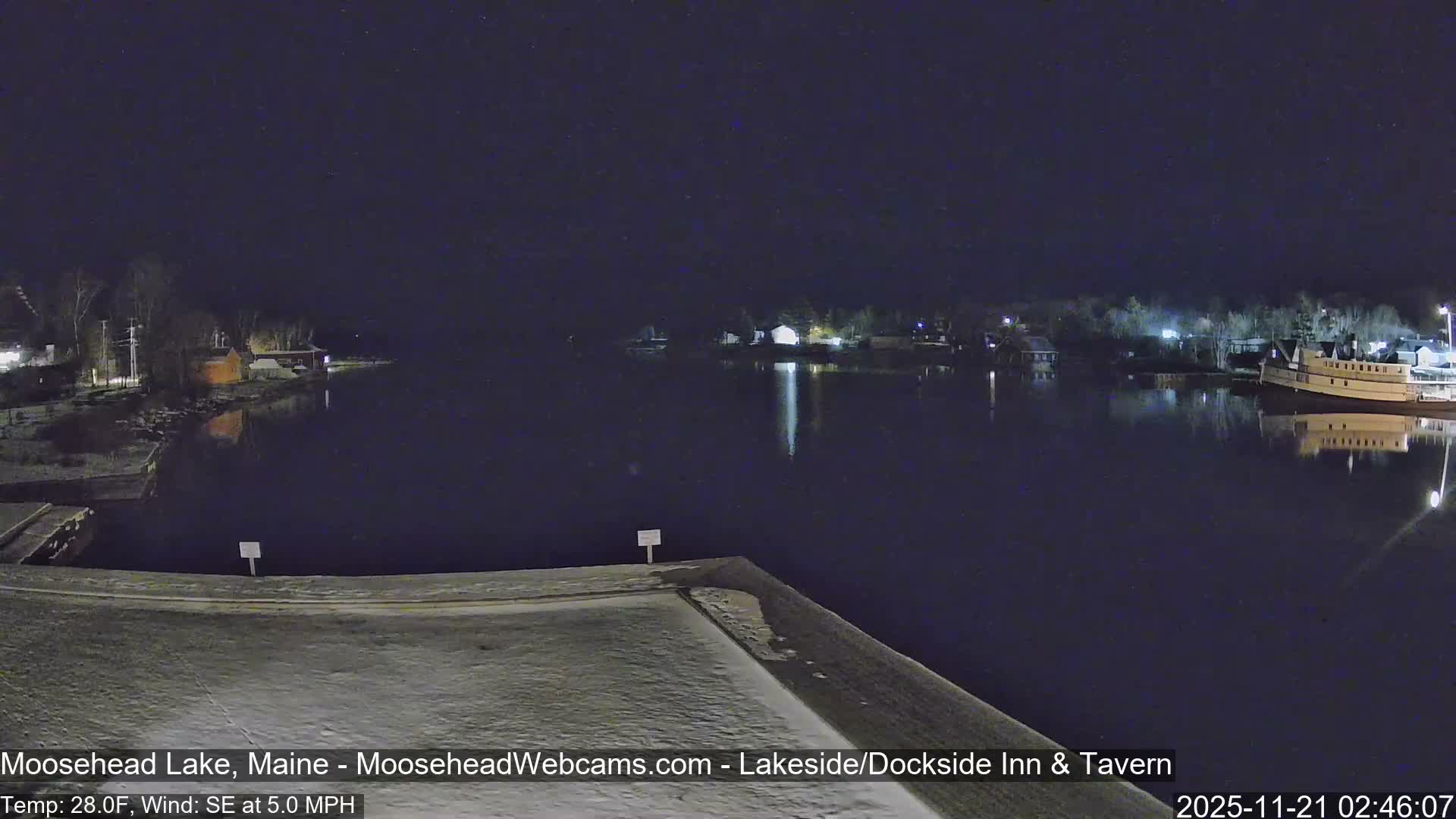Trump Administration Unveils Sweeping Offshore Drilling Plan, Targets California, Florida, and Alaska Coasts
The Donald Trump administration has announced a significant new proposal for offshore oil and gas leasing, aiming to open vast areas off the coasts of California, Florida, and Alaska to new drilling operations. This move effectively reverses restrictions that were previously implemented during the Biden presidency.
An Expansive Federal Leasing Initiative
According to a draft schedule detailed by the Interior Department, this initiative is being described as the most extensive federal offshore leasing effort in decades. The Department of the Interior issued a new Secretary’s Order, instructing the Bureau of Ocean Energy Management (BOEM) to terminate the Biden administration’s 2024–2029 National Outer Continental Shelf Oil and Gas Leasing Programme. In its place, a considerably broader 2026–2031 plan has been proposed.
BOEM indicates that this draft plan encompasses an impressive up to 34 potential offshore lease sales, covering a colossal 1.27 billion acres. These areas are distributed across 21 locations off Alaska, seven in the Gulf of Mexico, and six along the Pacific coast.
Arguments for "Energy Dominance"
Secretary of the Interior Doug Burgum championed the long-term necessity of offshore production. He stated, “Offshore oil and gas production does not happen overnight. It takes years of planning, investment, and hard work before barrels reach the market.” Burgum critically assessed the previous administration, noting that the Biden administration had “slammed the brakes on offshore oil and gas leasing and crippled the long-term pipeline of America’s offshore production.” He asserted that by proceeding with this robust, forward-thinking leasing plan, the administration aims to “ensuring that America’s offshore industry stays strong, workers stay employed, and the nation remains energy dominant for decades to come.”
The proposal specifically targets the development of areas that have either been untouched for decades or have never seen drilling activity. The administration justifies this significant expansion by pointing to the nation’s "growing energy needs," and it directly replaces a Biden-era program that included only three scheduled sales between 2024 and 2029. The new plan notably includes lease sales in previously undrilled sections of the High Arctic and parts of the eastern Gulf of Mexico, in addition to the California coast.
Immediate Political and Environmental Backlash
As anticipated, the announcement was met with immediate and strong political opposition. California Governor Gavin Newsom reportedly dismissed the plan as "dead on arrival," with state officials voicing serious concerns about potential threats to delicate ecosystems, vital tourism industries, and crucial fisheries. Florida, too, has a well-established history of opposing drilling near its coastlines, a stance reinforced by the devastating 2010 Deepwater Horizon disaster, which left a lasting impact and led lawmakers to resist similar proposals during Trump’s first term.
California officials further underscored the ecological legacy of the 1969 Santa Barbara oil spill, arguing that there is no national necessity for expanded drilling. They also highlighted the region's current lack of adequate infrastructure to support such a major offshore push, indicating that state regulators would likely oppose the development of new terminals and pipelines.
Environmental organizations have collectively condemned the proposal. An official from the Natural Resources Defense Council was quoted emphasizing, “The people of these states have been clear that they don’t want this off their coasts.” Furthermore, reports indicate that over 100 members of Congress have urged the administration to withdraw the plan, citing both profound environmental and economic risks associated with its implementation.







